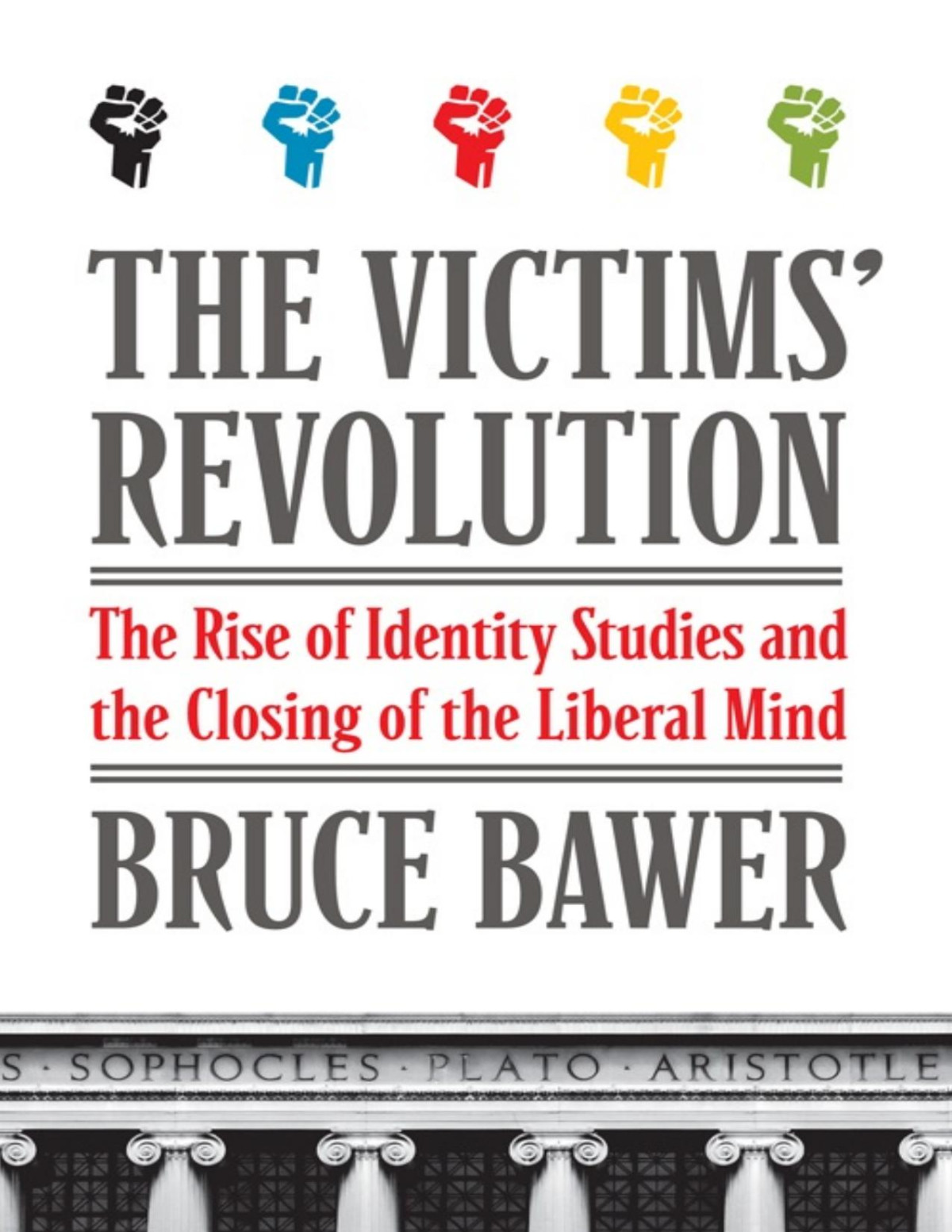

Most ebook files are in PDF format, so you can easily read them using various software such as Foxit Reader or directly on the Google Chrome browser.
Some ebook files are released by publishers in other formats such as .awz, .mobi, .epub, .fb2, etc. You may need to install specific software to read these formats on mobile/PC, such as Calibre.
Please read the tutorial at this link: https://ebookbell.com/faq
We offer FREE conversion to the popular formats you request; however, this may take some time. Therefore, right after payment, please email us, and we will try to provide the service as quickly as possible.
For some exceptional file formats or broken links (if any), please refrain from opening any disputes. Instead, email us first, and we will try to assist within a maximum of 6 hours.
EbookBell Team

4.1
10 reviewsRespected author, critic, and essayist Bruce Bawer—whose previous book, While Europe Slept: How Radical Islam Is Destroying the West from Within, was a New York Times bestseller and a National Book Critics Circle Award finalist—now offers a trenchant and sweeping critique of the sorry state of higher education since the campus revolutions of the late ’60s and early ’70s. In The Victims’ Revolution, Bawer incisively contends that the rise of identity-based college courses and disciplines (Women’s Studies, Black Studies, Gay Studies, etc.) forty years ago has resulted in an impoverishment of thought and widespread political confusion, while filling the brains of students with politically correct mush. Timely, controversial, and brilliantly argued, Bawer’s The Victims’ Revolution is necessary reading for students, educators, and anyone concerned about the contemporary crisis in academia—a serious and important work that stands with other essential books on the subject, like The Shadow University by Alan Kors, Illiberal Education by Dinesh D’Souza, and Allan Bloom’s The Closing of the American Mind.
“Bawer scores lots of entertaining points against the insufferable posturing and unreadable prose that pervades identity studies….Bawer’s is a lively, cantankerous takedown of a juicy target.” (Publishers Weekly )
“Bawer is passionate in his criticism of the current state of academia and its effects on broader American culture.” (Booklist )
“The developments described by Mr. Bawer will not surprise readers familiar with the campus wars that broke out in the 1980s, when entire departments devoted to these fields began to be established. Where the author’s text shines is in explaining their root causes.” (Wall Street Journal )
“The book is terrific, exposing the academic criminality that those programs encourage — i.e., teaching naïve and impressionable students things that either are utterly false or are merely wild-eyed opinions as truth....I strongly recommend the book.” (National Review )
From the Back CoverAn eye-opening critique of the identity-based revolution that has transformed American campuses and its effect on politics and society today.
The 1960s and ’70s were a time of dramatic upheaval in American universities as a new generation of scholar-activists rejected traditional humanism in favor of a radical ideology that denied esthetic merit and objective truth. In The Victims’ Revolution, critic and scholar Bruce Bawer provides the first true history of this radical movement and a sweeping assessment of its intellectual and cultural fruits.
Once, Bawer argues, the purpose of higher education had been to introduce students to the legacy of Western civilization—“the best that has been thought and said.” The new generation of radical educators sought instead to unmask the West as the perpetrator of global injustice. Age-old values of goodness, truth, and beauty were disparaged as mere weapons in an ongoing struggle of the powerful against the powerless. Shifting the focus of the humanities to the purported victims of Western colonialism, imperialism, and capitalism, the new politicized approach to the humanities gave rise to a series of identity-based programs, including Women’s Studies, Black Studies, Queer Studies, and Chicano Studies. As a result, the serious and objective study of human civilization and culture was replaced by “theoretical” approaches emphasizing group identity, victimhood, and lockstep “progressive” politics.
What have the advocates of this new anti-Western ideology accomplished?
Twenty-five years ago, Allan Bloom warned against the corruption of the humanities in The Closing of the American Mind. Bawer’s book presents compelling evidence that Bloom and other conservative critics were right to be alarmed. The Victims’ Revolution describes how the new identity-based disciplines came into being, examines their major proponents and texts, and trenchantly critiques their underlying premises. Bawer concludes that the influence of these programs has impoverished our thought, confused our politics, and filled the minds of their impressionable students with politically correct mush. Bawer’s book is must-reading for all those concerned not only about the declining quality of American higher education, but also about the fate of our society at large.